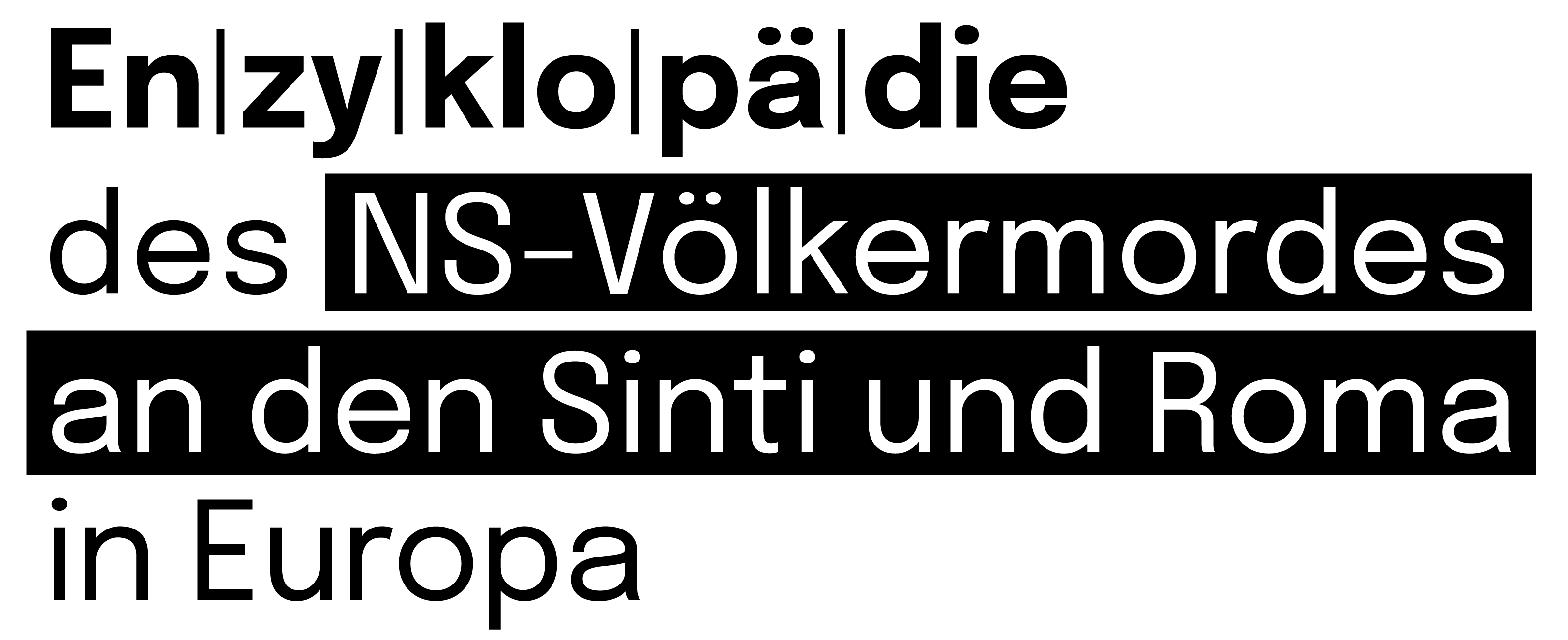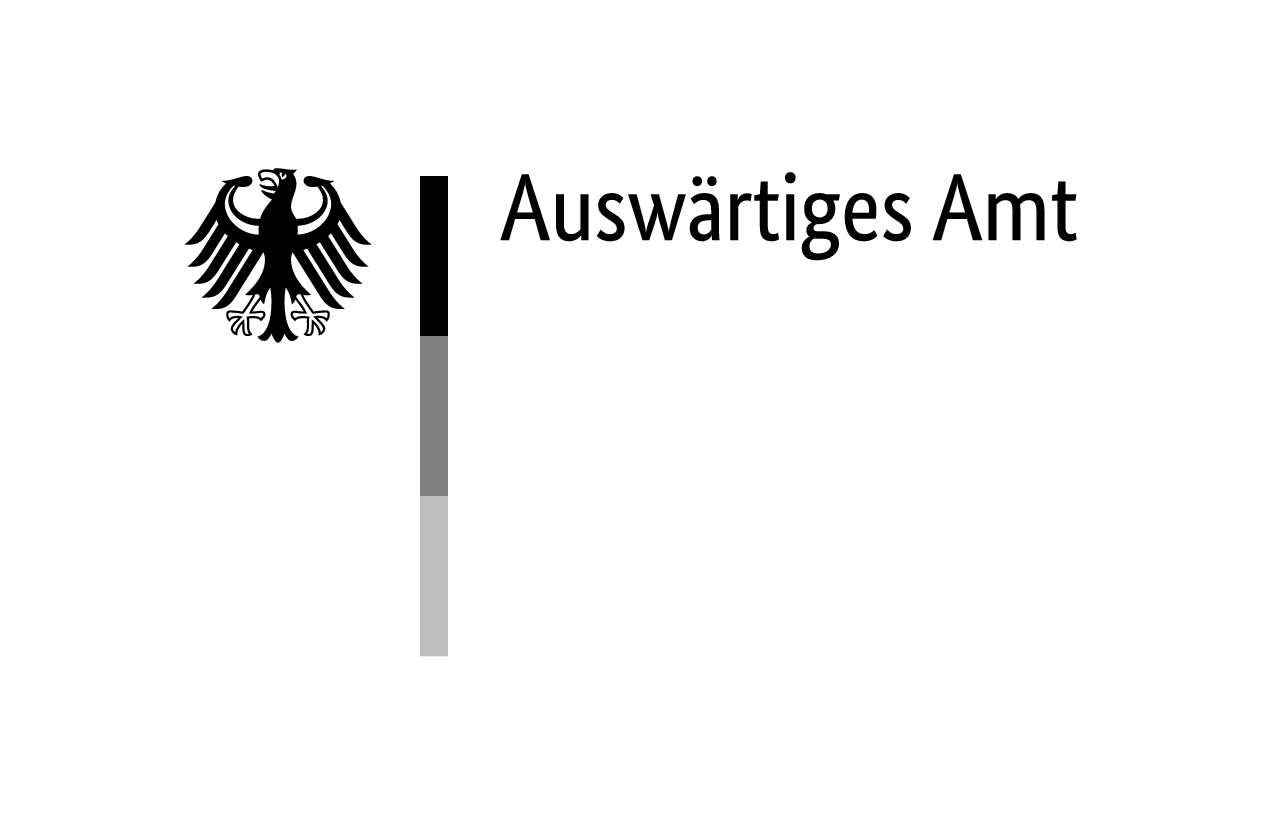The Induses were the fourth largest extended Romani family in Estonia, comprising 112 individuals. The family name, Indus, belonged to the Laiuse group of Roma, who had settled in Estonia in the first half of the nineteenth century. In November 1942 husband and wife, Willem (Viilep, Filip) (unknown–1943) and Lonny Indus (unknown–1943), 56 and 31 years old respectively, were raising six children, aged one to 14. The dates and places of birth of the family members have not been preserved.
Death Sentence
Willem Indus was interned in Narva prison on 3 December 1941 under the pretext of having betrayed several Estonians who had evaded Soviet military service. On 10 June 1942, the Estonian Security Police sentenced Willem Indus to death, though on different grounds. The judgement read: ‘Gypsy by birth. Given that up to now he has not obtained a permanent residence or steady job, there is little hope he will become a useful citizen of the state in the future either.’ Head of the German Security Police (Sipo) in Estonia, Heinrich Bergmann (1902–1980), added in the margins that there was no legal justification for the sentence inasmuch as Indus had not engaged in any political activity [‘keine politische Tätigkeit; Bestrafungsgründe nicht vorhanden’].
Petition
On 2 November 1942 Lonny Indus pleaded on her husband’s behalf before the head of the German civil administration in Estonia, but to no avail. Lonny Indus was illiterate and hired a lawyer to present her case and compose the text of the plea. She explained that her husband had been languishing in Narva prison for almost a year, and that she had great difficulties providing for her children. The children had to stay alone at home while she was working in road construction for more than ten hours each day. The monthly salary of 40 Reichsmarks was insufficient to purchase firewood and warm clothes for her and her children. The entire family was malnourished. She said her husband had never showed interest in politics and had nothing to do with ‘Bolsheviks’. Lonny Indus begged the German authorities to release her husband so that he could help her take care of the children.
Looting and Murder
On 4 February 1943, the Estonian Security Police sequestered the property that Willem Indus had left behind in his apartment in Narva. The list of sequestered goods contains 61 items, mainly tools, cooking utensils, harness, and a few pieces of furniture. For food, there was only an empty potato sack and ten kilograms of salt. The police deposited the entire property with a private citizen, on the condition that he would hand it over to the municipality if called upon at short notice.
The execution order for Willem Indus was stayed until 17 February 1943. His file contains a marginal note, according to which Indus underwent ‘special treatment’ [‘Sonderbehandlung’]. Willem Indus was among the 337 Roma murdered on that day by the German Sipo. By that time, his wife and six children were already dead. They were found among the 110 Roma killed on 10 February 1943 by the German Sipo. Both mass killings likely took place at Kalevi-Liiva, ca. 33 km east of Tallinn. In the end, four-fifths of the members of the extended Indus family perished.




